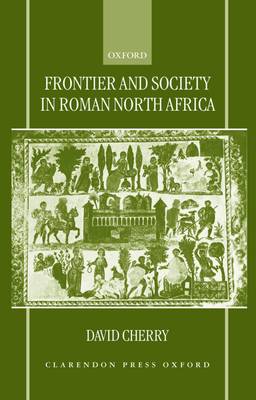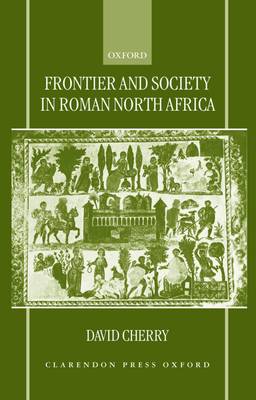
- Afhalen na 1 uur in een winkel met voorraad
- Gratis thuislevering in België vanaf € 30
- Ruim aanbod met 7 miljoen producten
- Afhalen na 1 uur in een winkel met voorraad
- Gratis thuislevering in België vanaf € 30
- Ruim aanbod met 7 miljoen producten
Zoeken
Omschrijving
This book seeks to define the cultural, social, and economic consequences of the Roman occupation of North Africa (c.50 B.C.-250 A.D.), mainly in the semi-arid frontier-zone of what is today Algeria. It also offers a fresh look at the development and purpose of the north African frontier-system. Through detailed examination of the region's archaeological and epigraphic record, including the marriage-patterns recorded on its surviving, funerary inscriptions, Cherry demonstrates that there was probably little acculturation in the north African frontier-zone. The Roman army, long considered to be a powerful instrument of Romanization and a bridge to the indigenous societies of the provinces of the Empire, is shown to have functioned primarily as an army of occupation on the north African frontier, segregated, by choice or circumstance, from the region's aboriginal population.
Specificaties
Betrokkenen
- Auteur(s):
- Uitgeverij:
Inhoud
- Aantal bladzijden:
- 308
- Taal:
- Engels
Eigenschappen
- Productcode (EAN):
- 9780198152354
- Verschijningsdatum:
- 31/12/1998
- Uitvoering:
- Hardcover
- Formaat:
- Genaaid
- Afmetingen:
- 145 mm x 224 mm
- Gewicht:
- 521 g

Alleen bij Standaard Boekhandel
+ 918 punten op je klantenkaart van Standaard Boekhandel
Beoordelingen
We publiceren alleen reviews die voldoen aan de voorwaarden voor reviews. Bekijk onze voorwaarden voor reviews.











